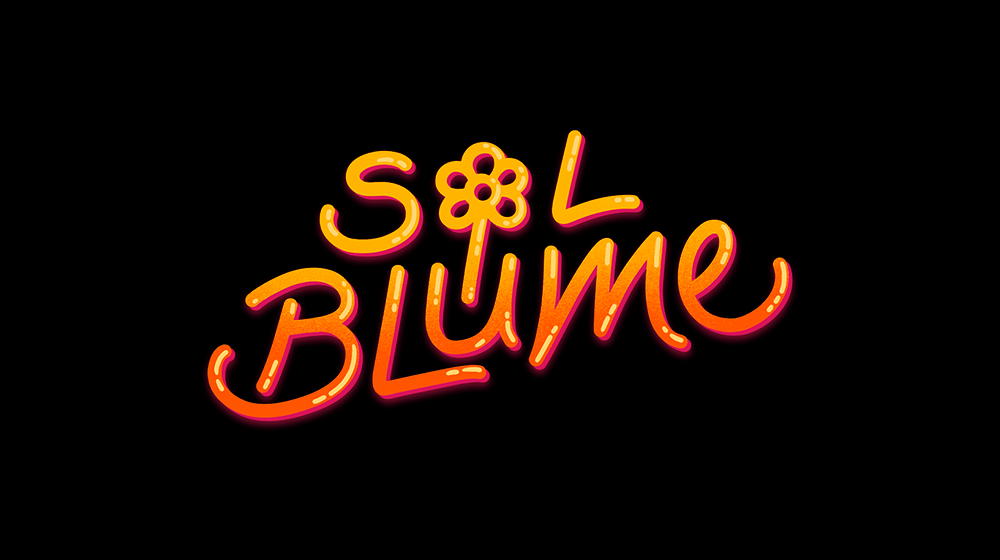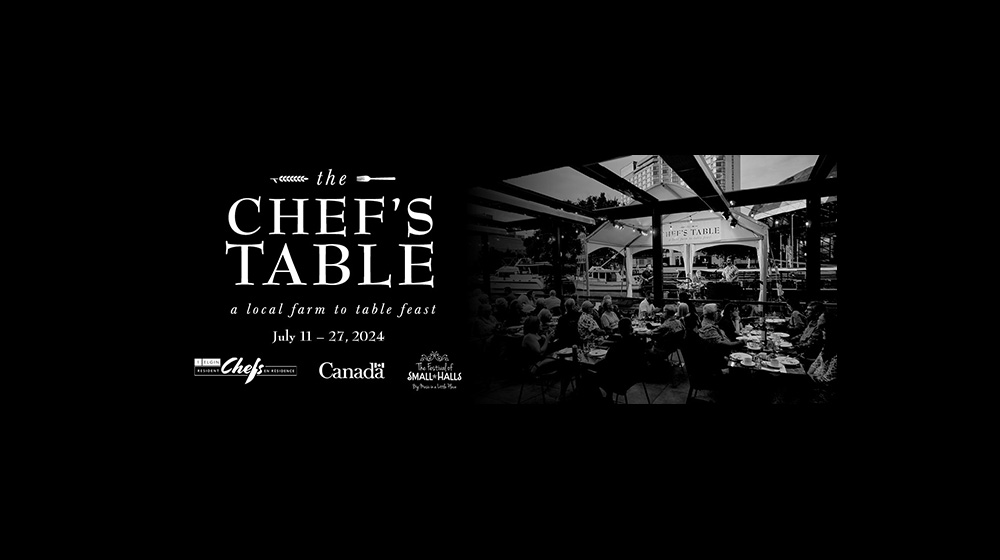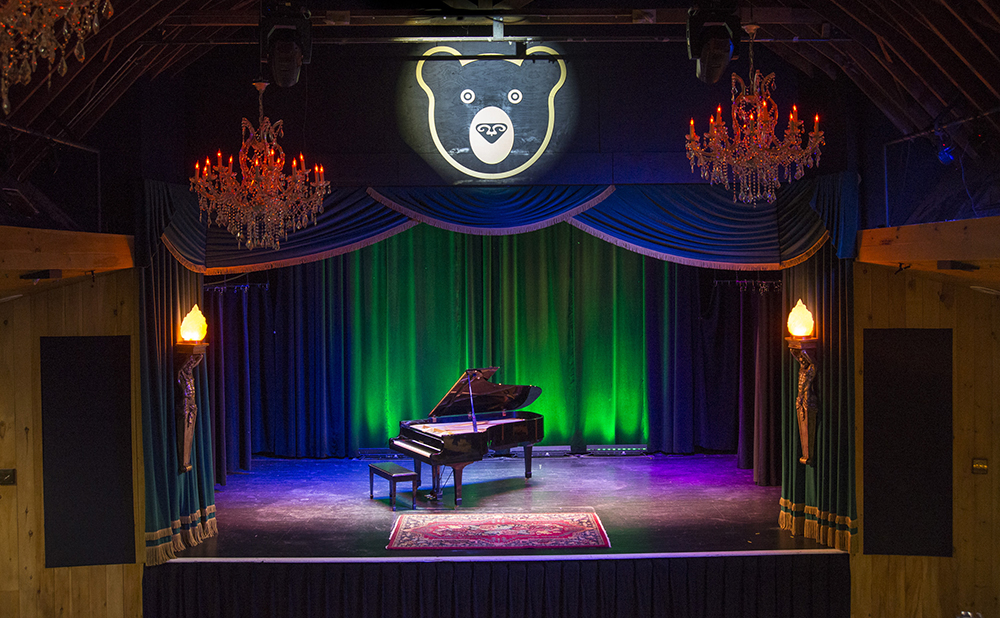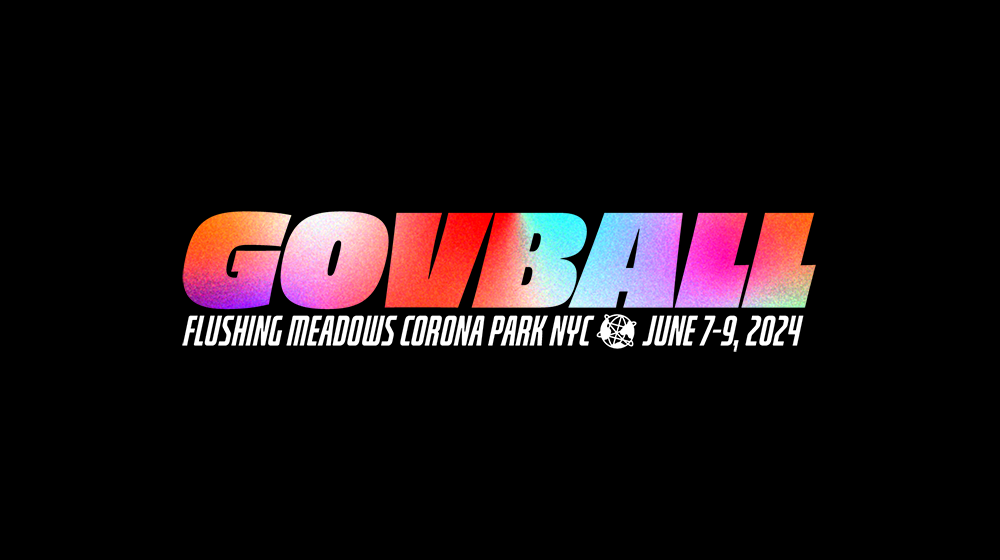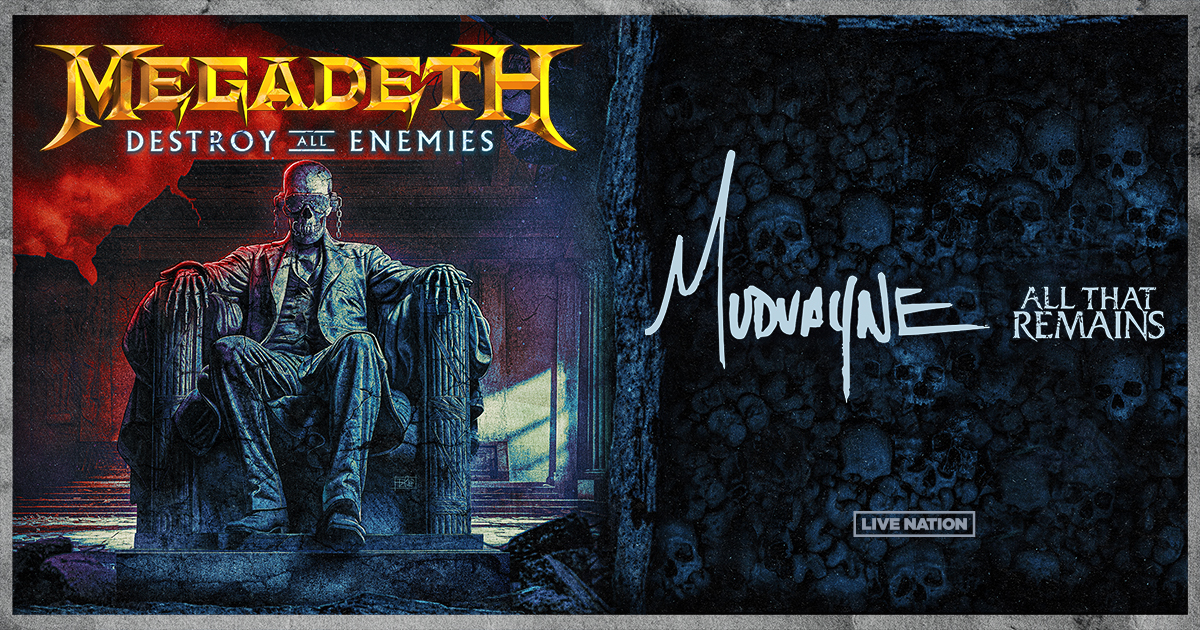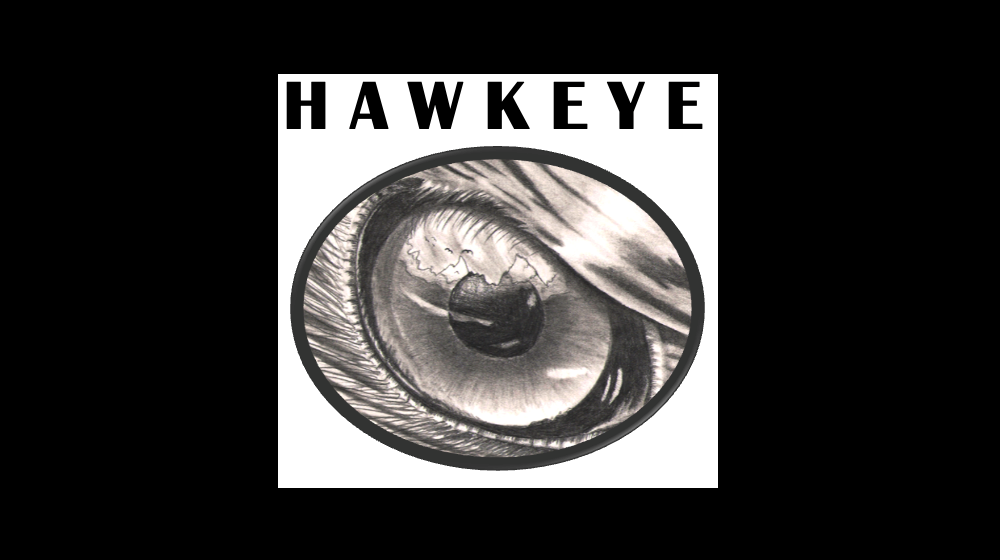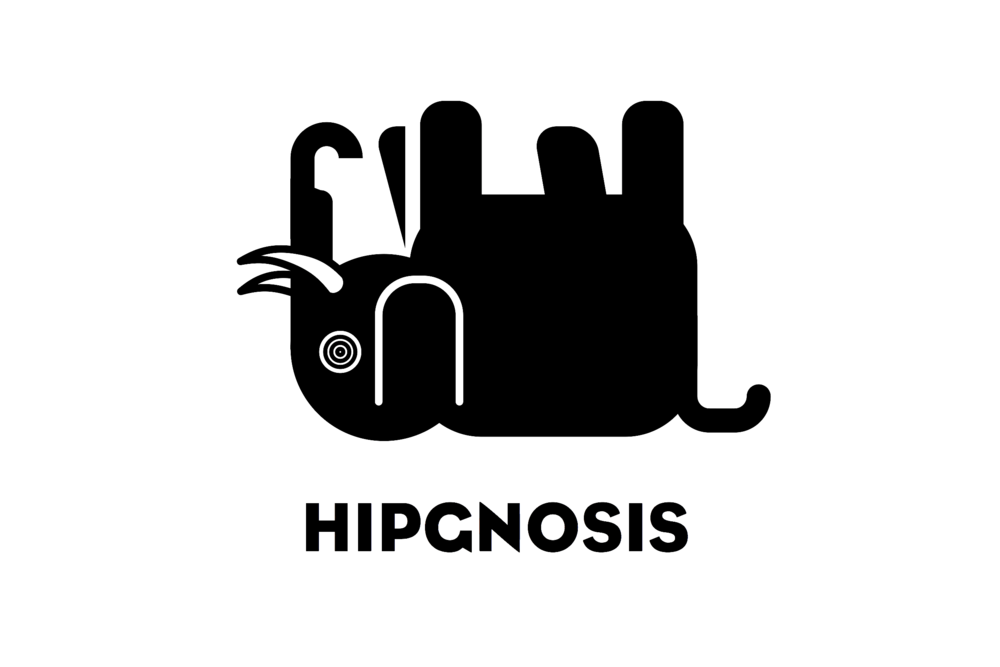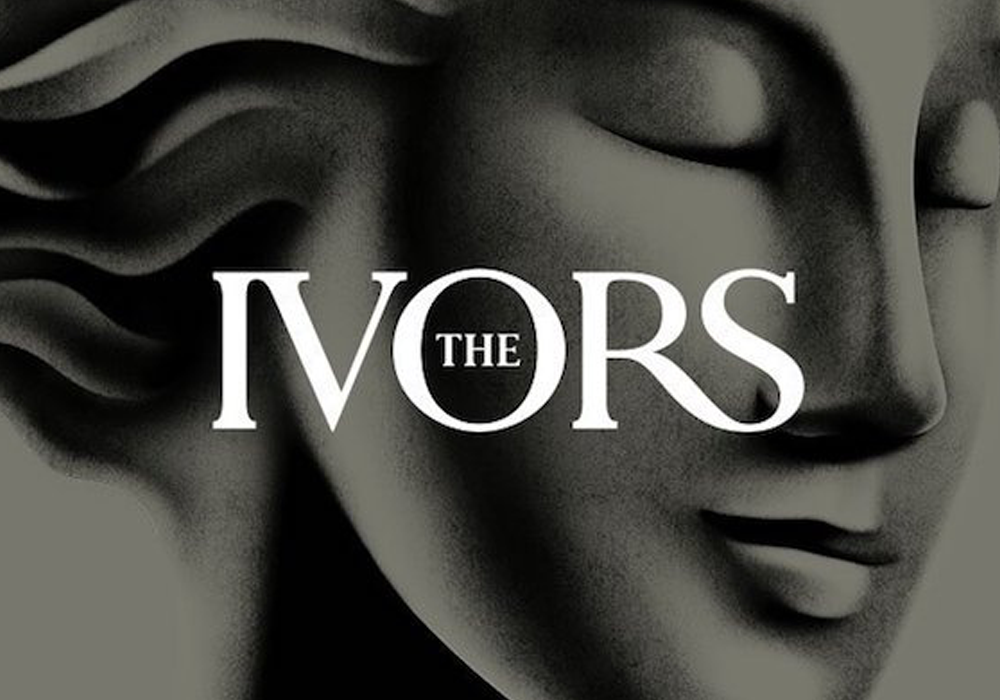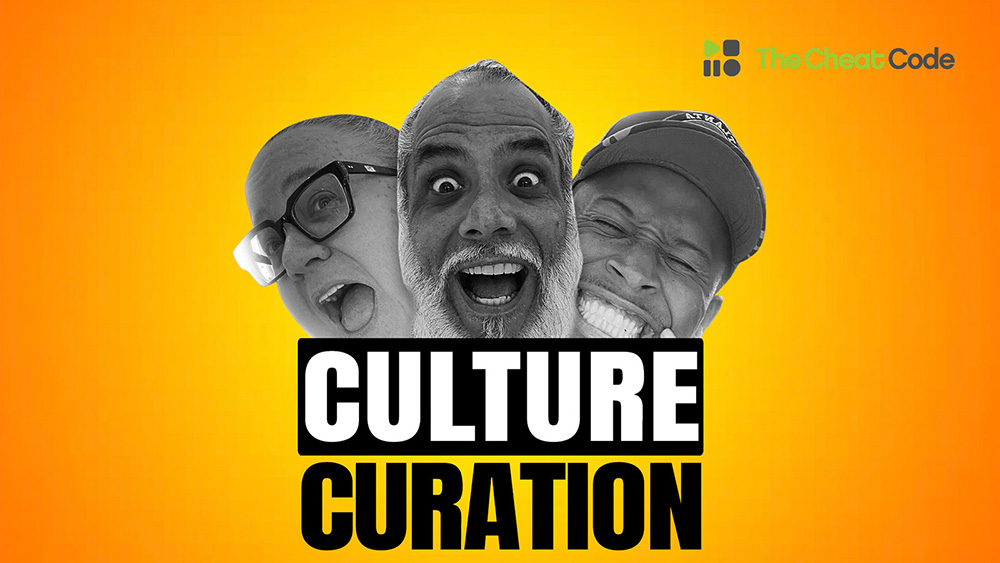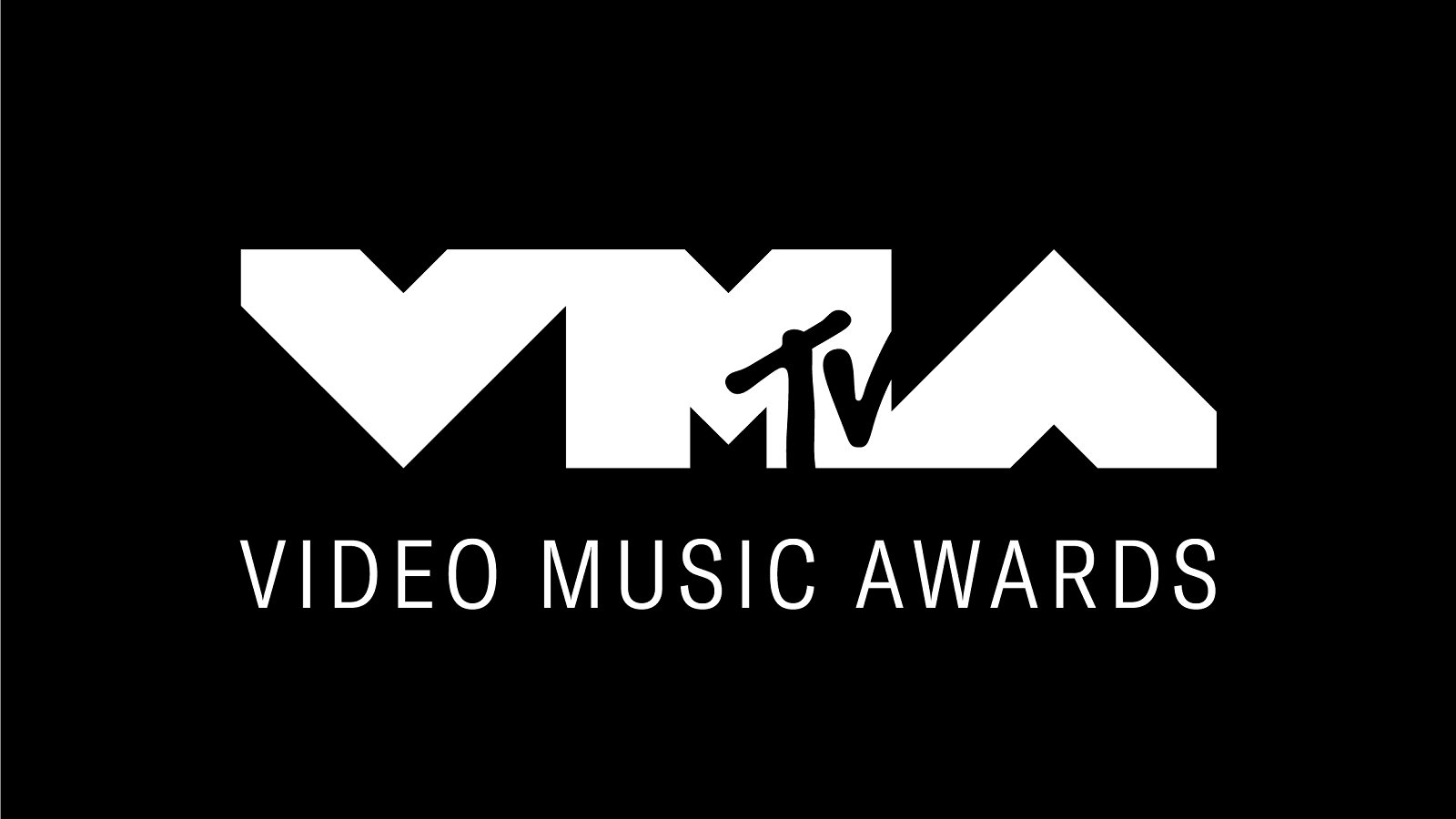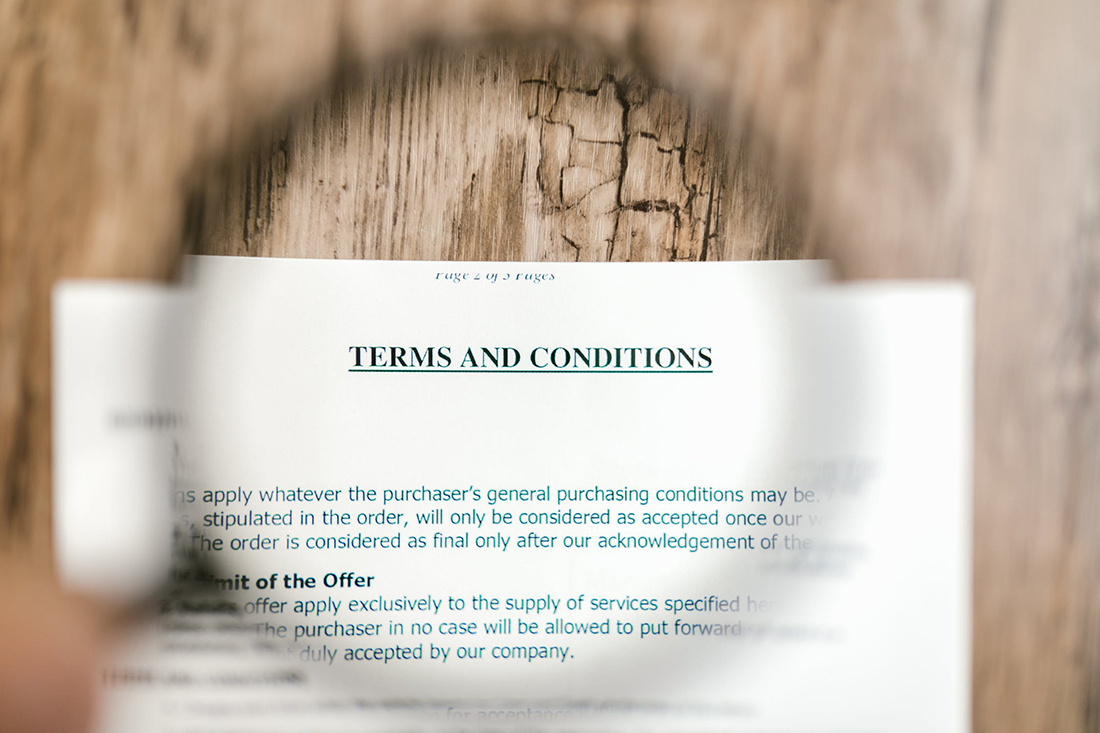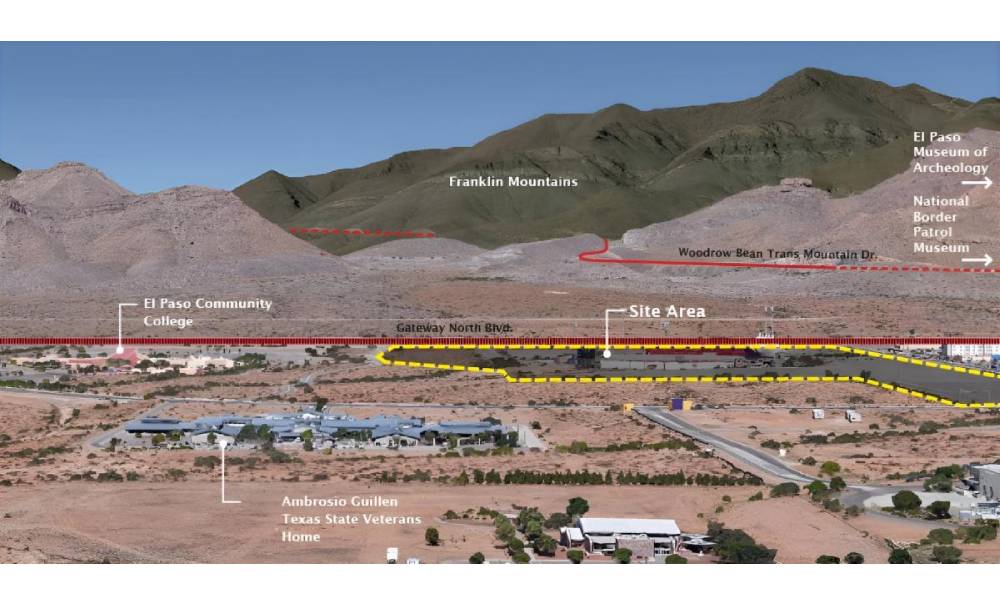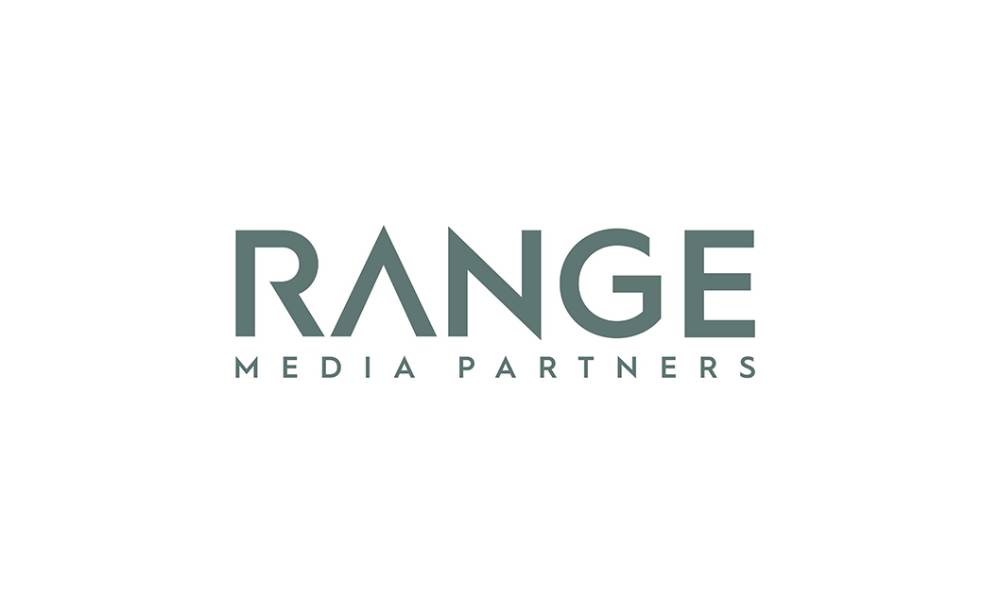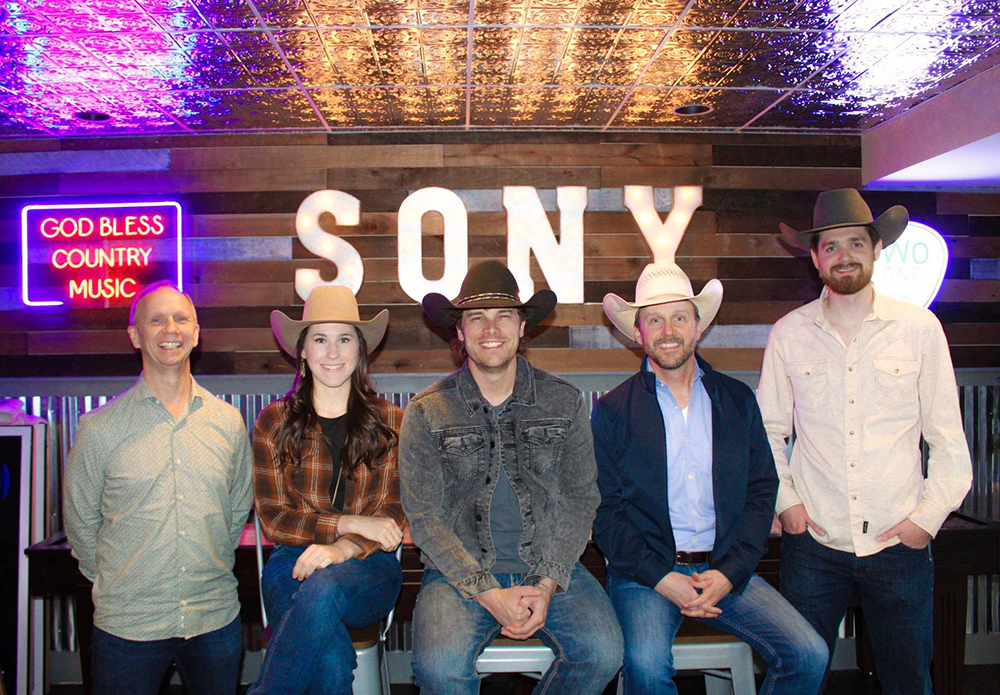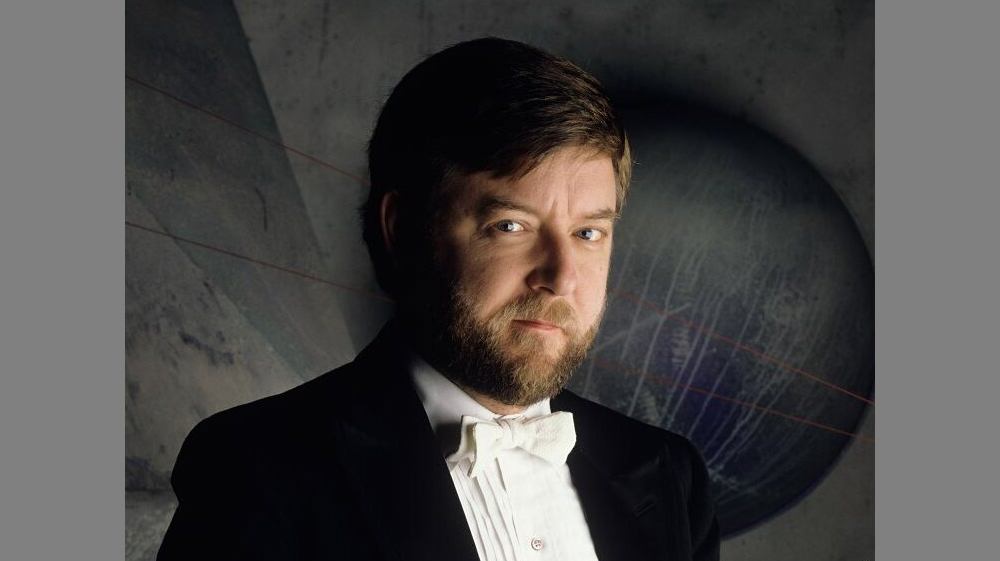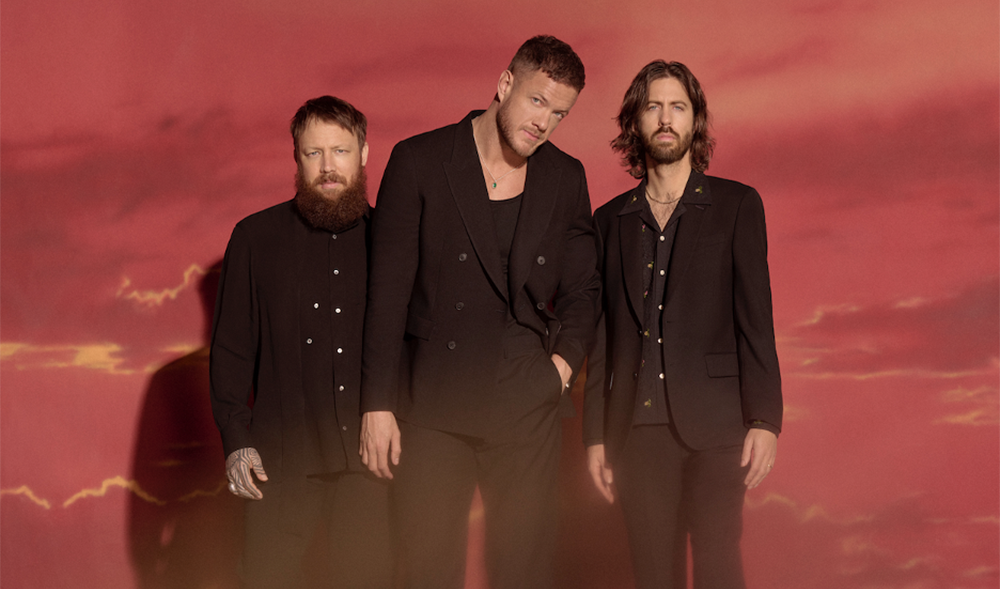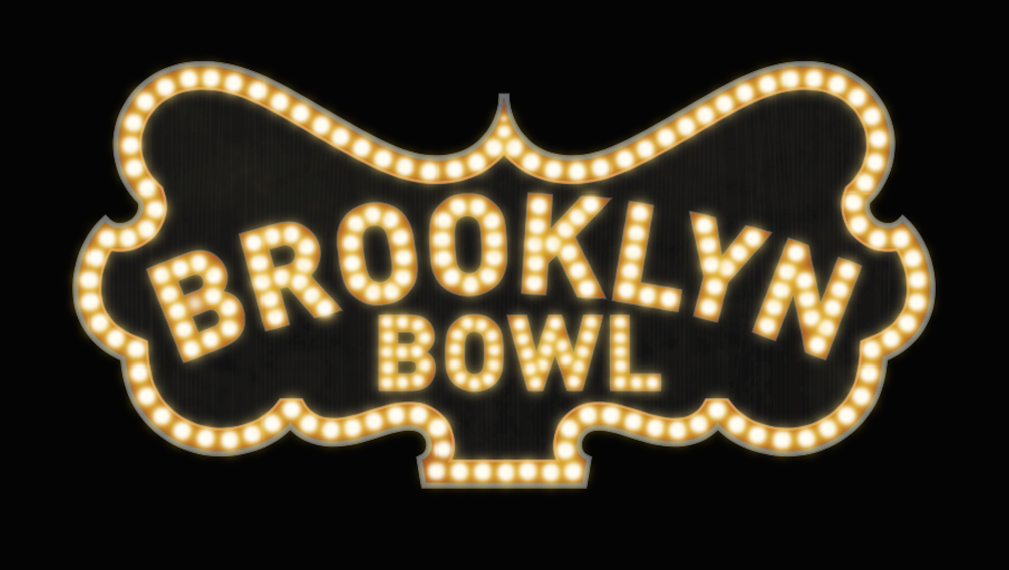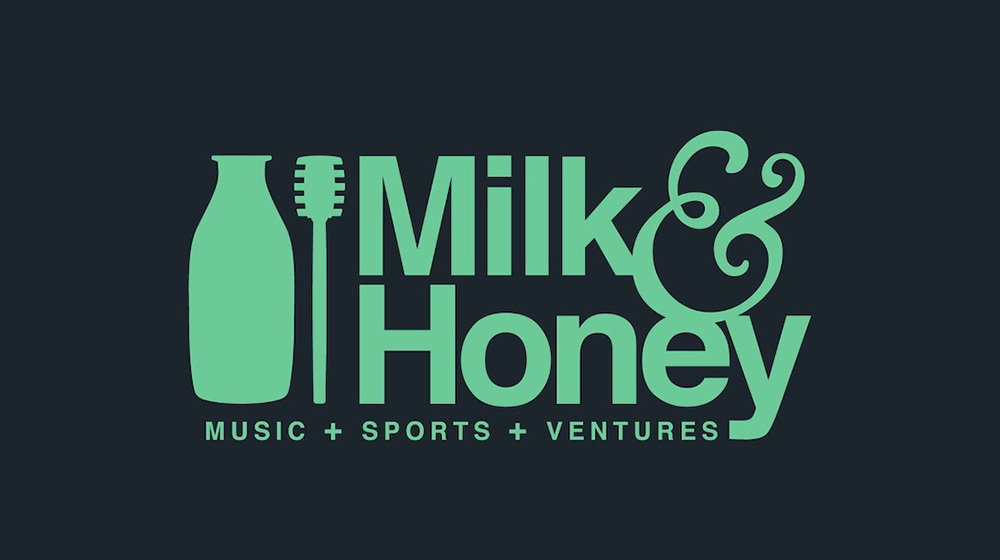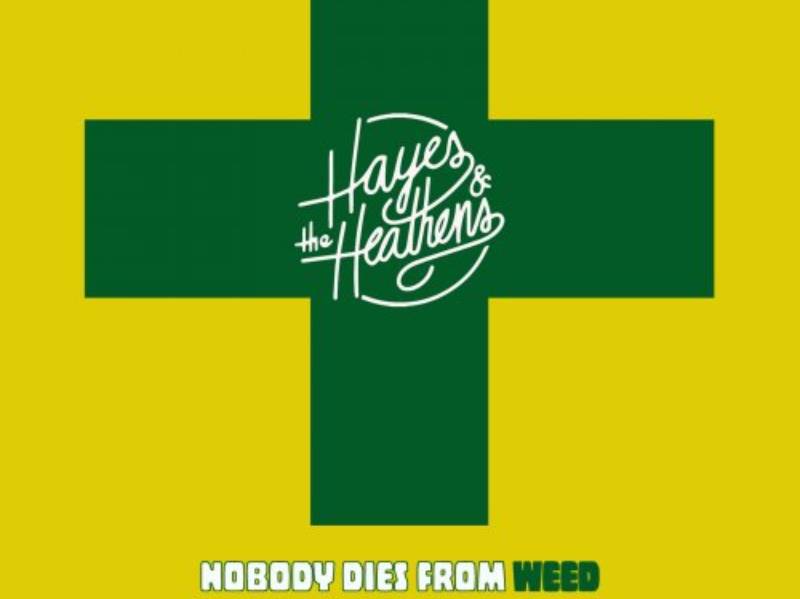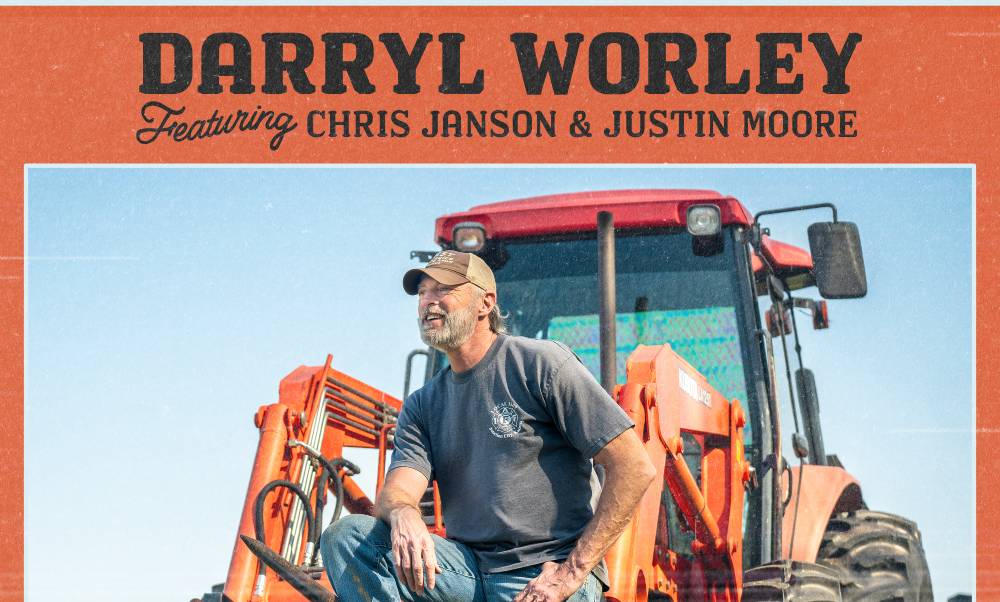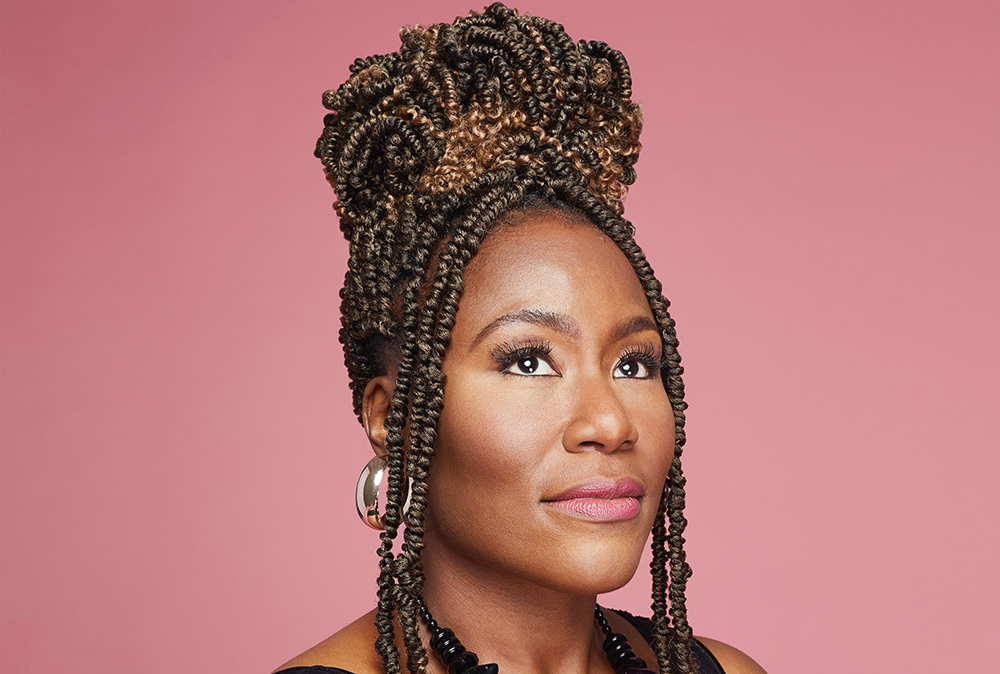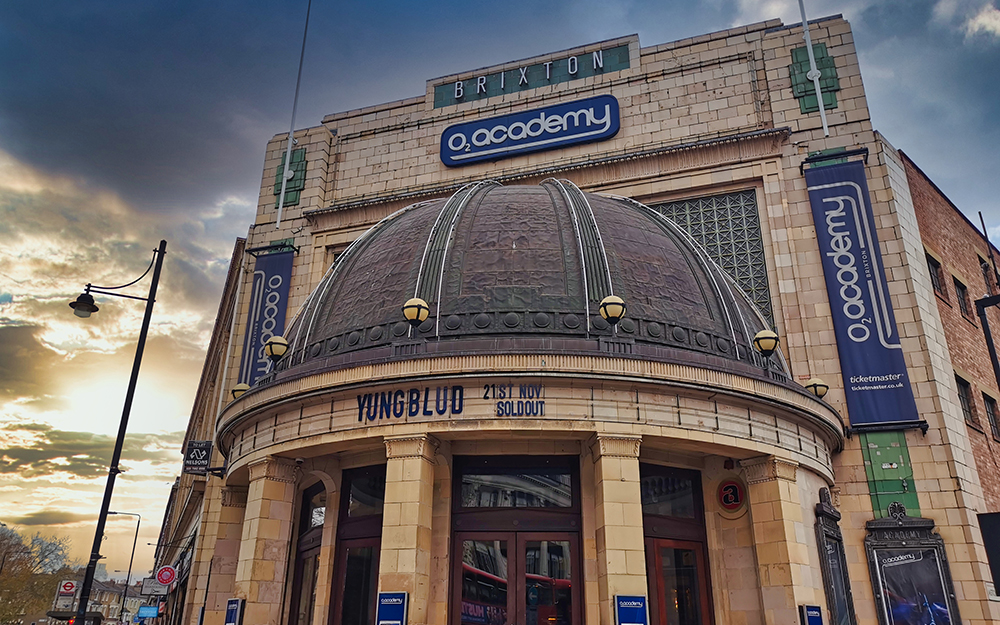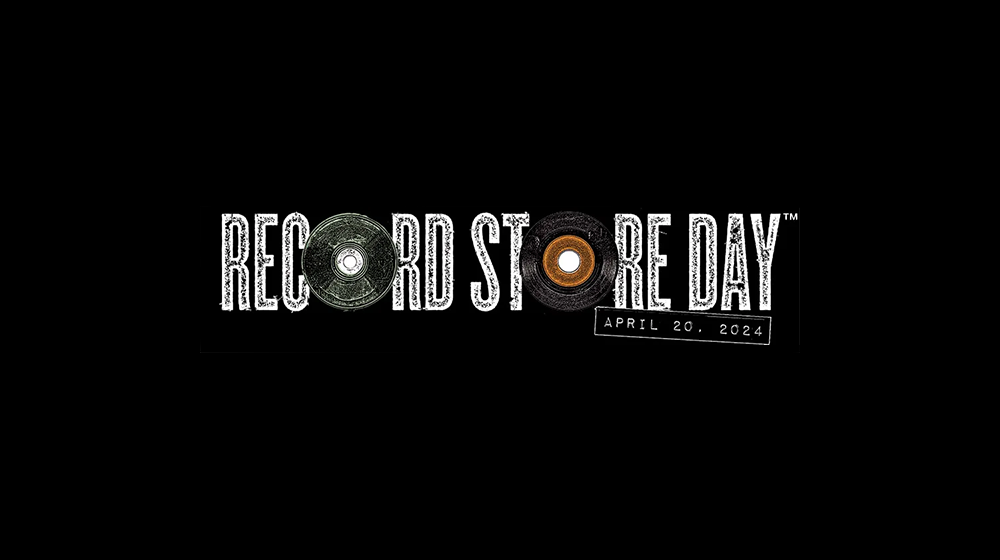
1. More Music For More People
That's the promise of the Internet. Instant low cost distribution allows this. The key is to make everybody a PAYING music consumer. With everyone paying less and everyone owning more.
2. iTunes
iTunes replicates the physical CD formula. The only advantage it provides is cheap distribution. Unfortunately, it comes at a cost. Lower audio quality and copy protection. In other words, the public pays more and gets less Sure, you get to purchase a track at a time, but this sucks for the record labels. Their profits are based on selling a bundle, i.e. an album.
Ten tracks for ten times the price.  Unless you can get buyers to cough up this price, you're going to end up with less money.
Unless you can get buyers to cough up this price, you're going to end up with less money.
Especially in an iTunes distribution world. Which is why labels have to deliver more tunes for the buck to more people. So they end up with the same amount of MONEY! Then again, so few people are regular music consumers that if you get EVERYBODY in for low dough, you'll end up with A LOT more.
3. Rhapsody/Napster/Yahoo
An interesting idea if the original Napster never happened. If people hadn't become inured to owning MP3s. Any formula that leaves out ownership is a no-go marginal failure at this point. Furthermore, the to-go feature of these services doesn't work. In a world where the iPod and iTunes work seamlessly to expect the public to be frustrated by a hostile environment and like it is to bump up against the rules of human nature.
However, these services perform a great role. You can SAMPLE music. Thirty second snippets on iTunes are not enough to know whether you like something. Then again, if you can download a track and THEN decide whether to keep it you have the best of both worlds. Which is what P2P presently offers. P2P should be monetized.
As for being able to purchase copy protected tracks for a buck at these services…this is just the iTunes Music Store model replicated. But with an incompatible format that does not work with the market dominating iPod.
4. P2P
Reality. Rail all you want, but despite the RIAA lawsuits, usage has just gone up. The lawsuits are about as effective as the nation's drug policy. Put down your joint and THINK ABOUT IT!
 Legalize P2P. What's the societal cost? You can stop railing about how kids don't know the value of music by ALLOWING them to pay for it. Charge a few bucks at the ISP level. Or, sell trading licenses. Sure, people drive uninsured, but most don't because they're fearful of the consequences. Not EVERYBODY will buy a license, but the penalty for copyright infringement is SO heinous that most people will. And then, suing infringers will be seen as no worse than stopping people for speeding. The RIAA will burnish its tarnished image. Making money along the way.
Legalize P2P. What's the societal cost? You can stop railing about how kids don't know the value of music by ALLOWING them to pay for it. Charge a few bucks at the ISP level. Or, sell trading licenses. Sure, people drive uninsured, but most don't because they're fearful of the consequences. Not EVERYBODY will buy a license, but the penalty for copyright infringement is SO heinous that most people will. And then, suing infringers will be seen as no worse than stopping people for speeding. The RIAA will burnish its tarnished image. Making money along the way.
5. Radio/Podcasting
The best way to sell music is to let people hear it. The RIAA companies are doing their best to stifle this process all the while trying to buy influence on an ever-dwindling number of terrestrial music radio stations which play an ever-dwindling number of tracks in ever-narrowing formats. There should be compulsory licensing for usage of songs in podcasts. And reasonable Internet radio fees. Sure, the individual numbers will be less than for terrestrial radio, but there will be A LOT more stations. And, more new music, of a much wider variety, will be sold. Therefore insuring better health of the industry. Will the major labels be the sole beneficiaries of these opportunities? No, which is why they're fighting advancements. But, they will make more…
6. Touring
 A final ticket price.
A final ticket price.
And a consumer's bill of rights. I challenge Clear Channel, AEG and HOB to create and circulate such a document. Which contains elements akin to the following:
a. Parking never to exceed ten dollars.
b. Guaranteed price of water and beer.
c. Number of toilets per attendee.
If you treat the audience with respect, they'll give you more of their dollars. But respect died with Robert Sillerman.
7. Royalties
Must come back. Sales can't be hidden with Internet distribution. Record companies need to hold down advances the same way the NHL needed to hold down salaries, or risk going out of business. A guaranteed share of the pie for artists would be great. Shy of that, a straight negotiated percentage royalty, with NO deductions, should be paid. And, advances should be minimal. No more than the cost of producing the record. Maybe there should be incentives for coming in UNDER budget.
The acts don't trust the labels. By opening their books, by allowing an independent royalty tribunal to arbitrate disagreements, fairness will come back to the game.
Artists should be paid based on whether the PUBLIC adores them, not executives. Sell records, make a ton of money. Sell none, go back and work in the shoe store. Even if you sold a million albums the first time around and you blew it all on iron and ice.
8. Management Contracts
Should be walkable, just like agents'. Being tied up forever without trust hurts the artist. Part of your job is satiating the artist. You shouldn't get paid if you don't.
In the alternative, royalties should cease with the end of the management agreement.
This whole business is built on the back of the artist. I don't want to hear what you invested, whether it be the manager, agent or label. Without the artist, you're NOWHERE!





















